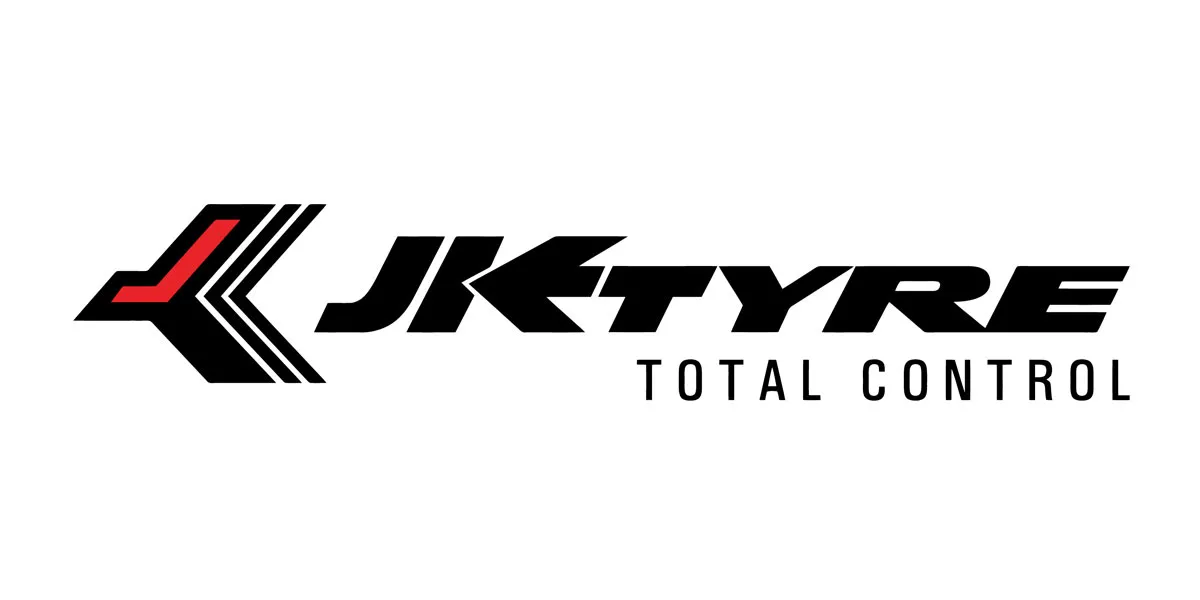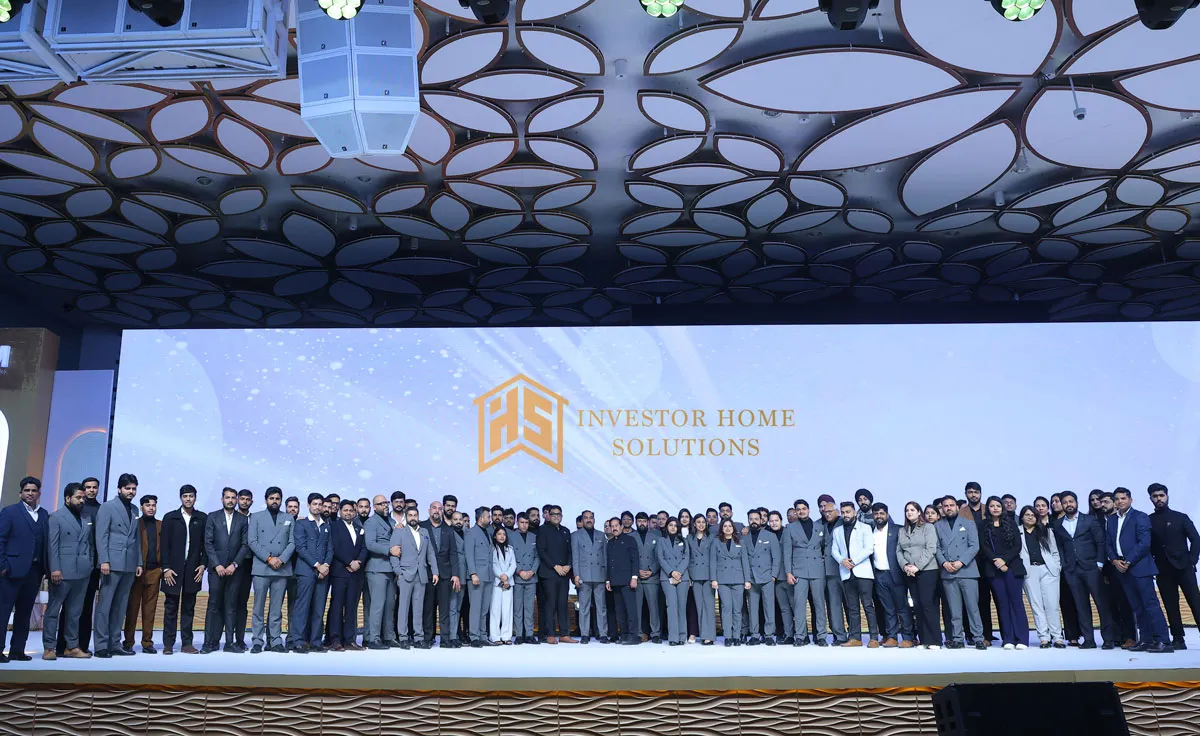
US Lifts Restrictions on Three Indian Nuclear Entities

JK Tyre Earns EcoVadis Silver, Ranks Among Global Sustainability Leaders
JK Tyre & Industries has secured a Silver Rating from EcoVadis, placing the company among the top-performing organisations globally on sustainability parameters. With this recognition, JK Tyre ranks in the 93rd percentile worldwide, positioning it within the top 7 per cent of companies assessed across industries for environmental, social and governance (ESG) practices.EcoVadis evaluates companies on four core pillars—Environment, Labour & Human Rights, Ethics, and Sustainable Procurement—offering a comprehensive assessment of sustainability performance. JK Tyre’s Silver rating re..

IHS Hosts Landmark Branded Residences Meet in New Delhi
Investor Home Solutions (IHS) hosted a large-scale Branded Residences Meet at Yashobhoomi, New Delhi, bringing together over 2,000 high-net-worth investors from across industries on a single platform. The invite-only event focused exclusively on the emerging branded residences segment, positioning it as a distinct and fast-evolving asset class within India’s ultra-luxury real estate market.The meet moved away from conventional property showcases and instead centred on investment-led discussions, market insights and long-term value creation in globally inspired luxury residences. It highlight..

Mount Invests Rs 250 Cr, Adds PUF & PEB Plants, 400+ Jobs
TUMKUR, Karnataka, January 8, 2025 - Mount Roofing & Structures Private Limited, one of India's fastest-growing manufacturers in PUF and a leading solutions provider across Pre-Engineered Building (PEB) and Polycarbonate sheets, simultaneously inaugurated its second fully automated continuous Sandwich Panel manufacturing line and a new PEB manufacturing plant at its integrated campus in Tumkur." The milestone expansion, part of a total investment of INR 250 crores, marks a significant advancement in the company's commitment to engineered performance, manu..
















